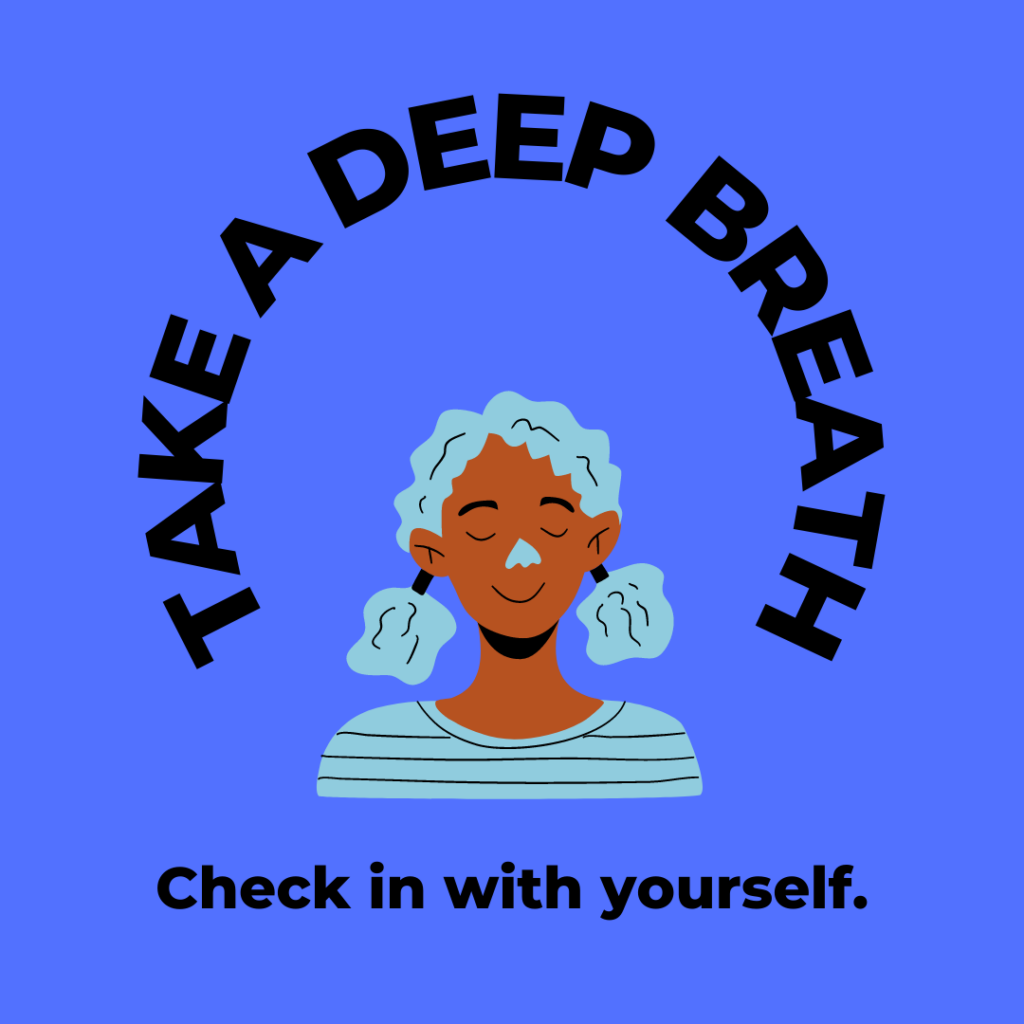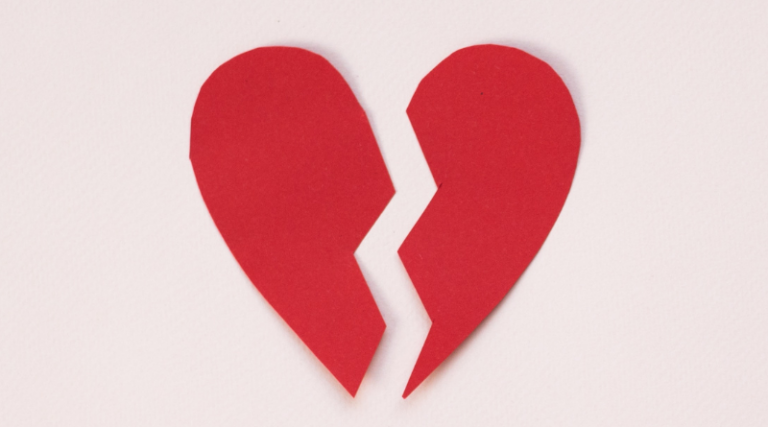How to deal with stress
It can be hard to deal with stress, but Fumble’s here with some realistic tips on how to cope
Even before social distancing and staying at home became the way of the world, it could be challenging to deal with the stress of ‘normal’ everyday life. Now that we’ve all been staying inside for some time now, more content about minimising stress and navigating the emotional toll of quarantine has come flooding through our social media feeds. And while this information is wonderful, it can be hard to find the motivation to regularly practice these techniques.
Why is it so hard to deal with stress?
Managing stress can be especially difficult for those who also deal with anxiety and depression, which can make a person feel emotionally and physically drained, as well as self-critical. This can make self-care even more challenging. And with a never-ending news cycle about COVID-19, it’s hard to fight the urge to stay in bed all day and endlessly scroll through Instagram. So we’ve come up with some realistic tips on how to cope with stress.

Check your basics first
For those who struggle to deal with stress and self-care, waking up to go for a hike or sitting down for a 45-minute meditation can sound taxing instead of therapeutic. So, if you’re struggling to find the motivation to tackle your stress, start instead by checking in with your basic needs first.
Food: Have you eaten anything today? If not and you don’t have the energy to make a meal, start with something simple, like some instant noodles or toast. You might not be able to make the most perfectly balanced meal right now, and that’s okay. But you can still eat something to give your brain the fuel it needs to start your day. Note: if thoughts about food feel like they’re taking over your life, this could be a sign of an eating problem.
Water: Have you had any water? Don’t worry about having to guzzle eight glasses in a day, just start with one. Regularly drinking water may improve your mood. While coffee or energy drinks might taste better and help give you a caffeine boost, they can also cause dehydration. Dehydration slows brain function and makes you feel more sluggish and irritable. Our bodies and brains need water to function, so check in with yourself and see if you need some H2O.
Hygiene: Have you showered? If even the idea of showering sounds like too much effort right now — don’t worry — you can try something smaller that will still help you feel fresh. Rinse your mouth with some mouthwash and put on some deodorant. Splash some cold water on your face and spray your roots with dry shampoo (if you have any). It makes it a bit easier to be in your body on hard days when you smell and feel clean. You might find some motivation later to hop in the shower.

Then try something extra
Exercise: This one can be tough. It’s well-documented that exercise can help with stress management, but if you barely have enough energy some days to get out of bed, how do you find the drive to go for a walk or do yoga? There will be days when this might not feel like an option for you, and that’s okay. Once again, try breaking it down into something smaller. Want to get out of your room but can’t commit to a walk right now? Try standing outside for 5 to 10 minutes just to get some fresh air and sunlight. Need to move your body but can’t find a yoga video you like? Start with simple stretches, like touching your toes and stretching your arms above your head to get some circulation going.
Meditation: Meditation or mindfulness is another well-known stress management tool that can help people quiet their minds and practice being in the moment. But even though it can be beneficial, how do you suddenly sit down and be calm when you’re really stressed? Start with separating yourself from the stressor by walking away from it, either physically or mentally. Go to another room or step outside. Put on some music or a podcast and close your eyes. Listen to your breathing and take note if it’s fast and erratic, or slow and even. Even if it’s only for a few minutes, try to carve out a little bit of time to just be still and listen to something that you enjoy. This can help to shift your mindset away from the stressor and give your brain a break.
Be patient with yourself
If you still don’t know where to start, you could take this handy mood self-assessment that can help you understand how you’re feeling. But remember, practicing self-care takes time to learn and can look different for each individual. Some people may deal with stress and feel better after a long walk, while others need a few minutes with their favourite song. Or, they may do something that’s entirely the opposite depending on the day! What’s important is figuring out what works for you and your relationship with stress. Especially right now, taking the time to be kind to yourself and your unique needs can make all the difference.
For even more advice, check out our animation for tips on dealing with stress:
Other support
- Discovering ASMR: find freedom from stress
- 10 tips for achieving relaxation
- YoungMinds – How to deal with exam stress
Read more
Last Reviewed 25 October 2023
Image Credit: Christian Erfurt via Unsplash







